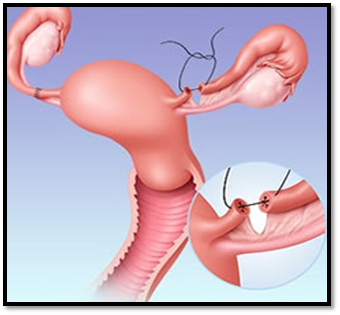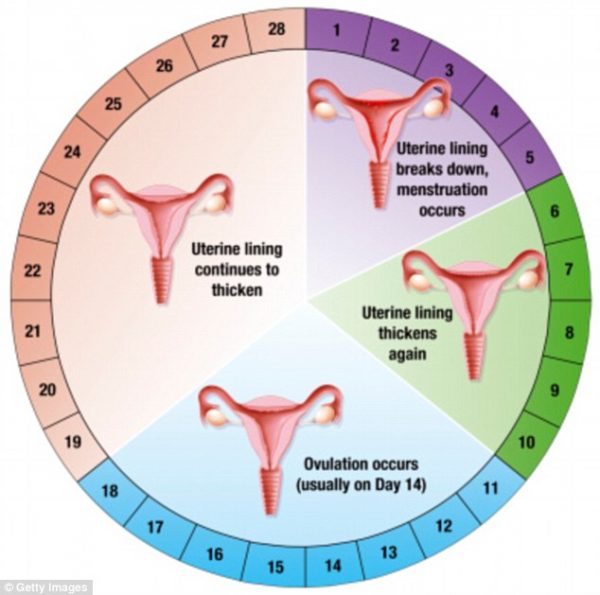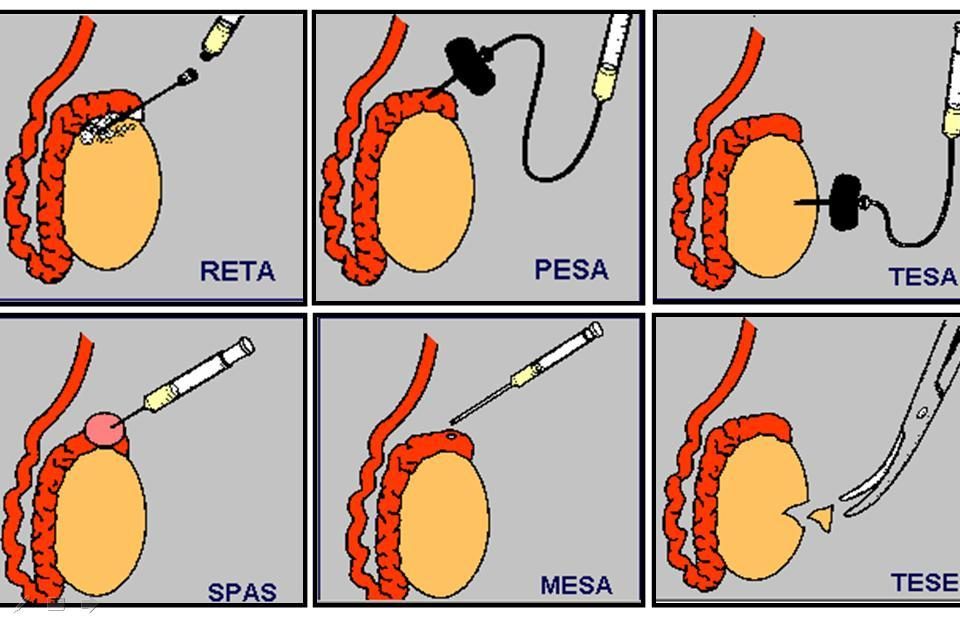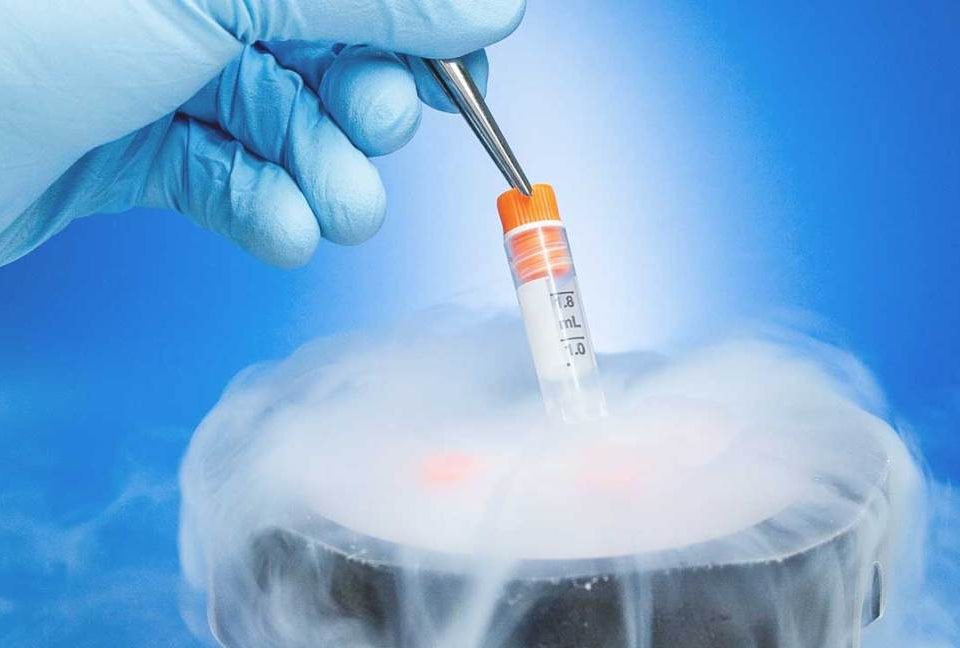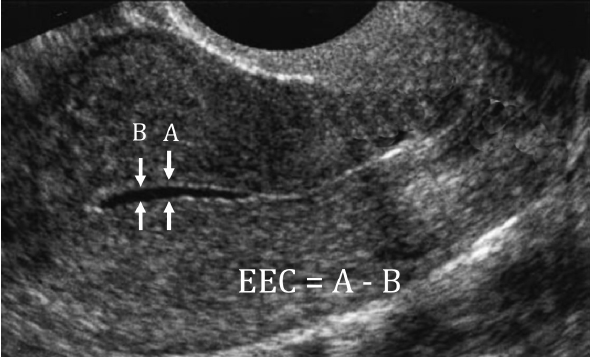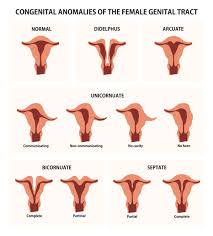
Congenital Abnormalities of the Female Reproductive Tract
Up until a few decades back preserving one’s fertility was considered something that is seemingly impossible, but with the advancement of medical technology it is quite possible today through egg freezing […]


